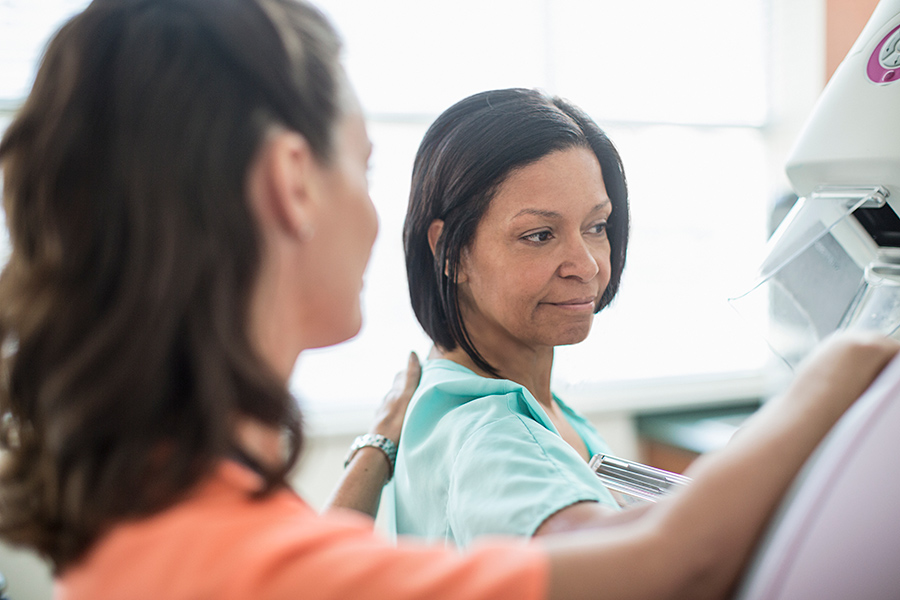Getting care
Use Find a Doctor to locate a doctor in your network in Washington. As long as you stay in network, you don’t need referrals for specialty care. On most plans (except the Catastrophic plan), you get unlimited visits though copay, deductible, or coinsurance apply.
Routine exams can help spot health issues early, before they become more serious and harder to treat. That's why LifeWise offers routine preventive medical exams at no cost, as part of your plan benefits. Checkups are also a great time to ensure you're up to date on vaccinations and boosters, and to get recommended lab tests as part of preventive care.


